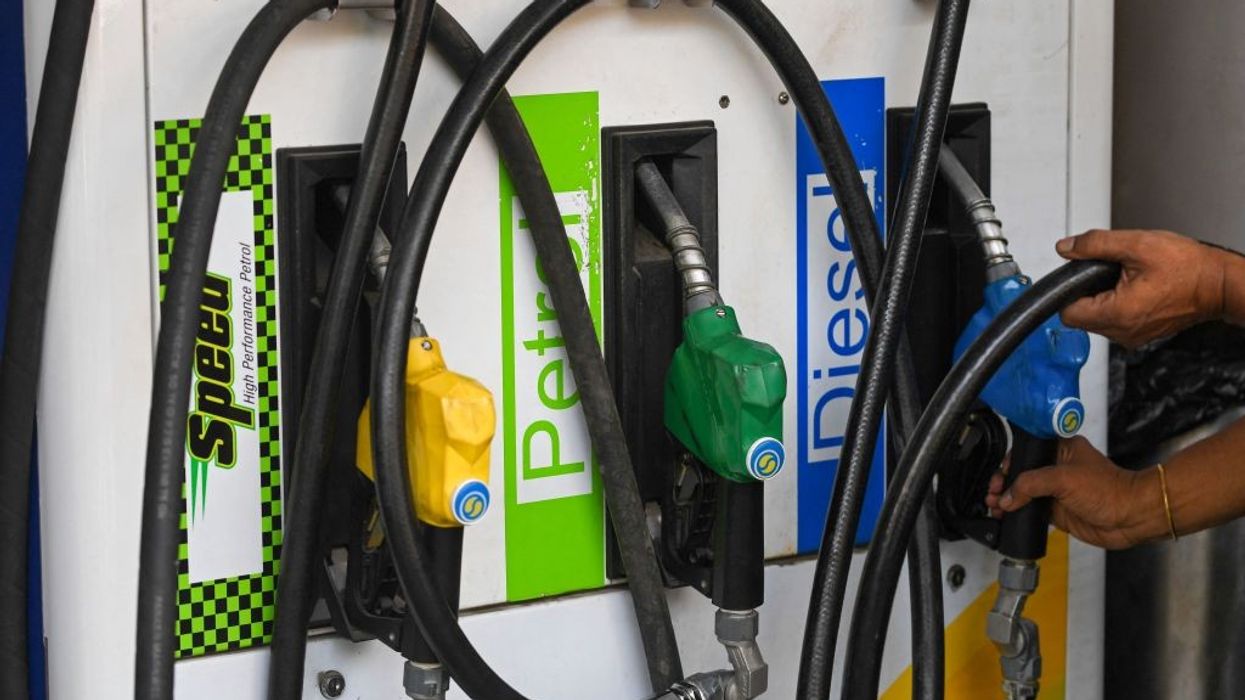INDIA is considering taking up a Russian offer to buy its crude oil and other commodities at discounted prices with payment via a rupee-rouble transaction, two Indian officials said, amid tough Western sanctions on Russia over its invasion of Ukraine.
India, which imports 80 per cent of its oil needs, usually buys about two per cent to three per cent of its supplies from Russia. But with oil prices up 40 per cent so far this year, the government is looking at increasing this if it can help reduce its rising energy bill.
"Russia is offering oil and other commodities at a heavy discount. We will be happy to take that. We have some issues like tanker, insurance cover and oil blends to be resolved. Once we have that we will take the discount offer," one of the Indian government officials said.
Some international traders have been avoiding Russian oil to avoid becoming entangled in sanctions, but the Indian official said sanctions did not prevent India from importing the fuel.
Work was ongoing to set up a rupee-rouble trade mechanism to be used to pay for oil and other goods, the official said.
The officials, who both declined to be identified, did not say how much oil was on offer or what the discount was.
The finance ministry did not immediately reply to an email seeking comments.
Russia has urged what it describes as friendly nations to maintain trade and investment ties.
India has longstanding defence ties with Russia and abstained from a vote at the United Nations condemning the invasion, although New Delhi has called for an end to the violence.
Russia's Surgutneftegaz allowed Chinese buyers to receive oil without providing letters of credit payment guarantees to bypass sanctions, sources said.
The Indian government, which could see its import bill rise by $50 billion (£38.34 bn) in the fiscal year starting in April, is also looking for cheaper raw materials from Russia and Belarus for fertiliser, as the cost of its subsidy programme has rocketed.
The government, which has already doubled its subsidy bill for the fiscal year to the end of March 31, allocated a further Rs 149 bn (£1.49 bn) on Monday (14).
The government expects the fertiliser subsidy bill to rise by at least Rs 200 bn (£2.01 bn) to Rs 300 bn (£3.01 bn) in the next financial year, from the current estimate of Rs 1.05 trillion (£11 bn), the two officials said.
"If we can get cheaper fertiliser from Russia then we will take that. It would help in easing some fiscal concerns," one official said.
(Reuters)
India ‘considers’ buying discounted Russian oil




